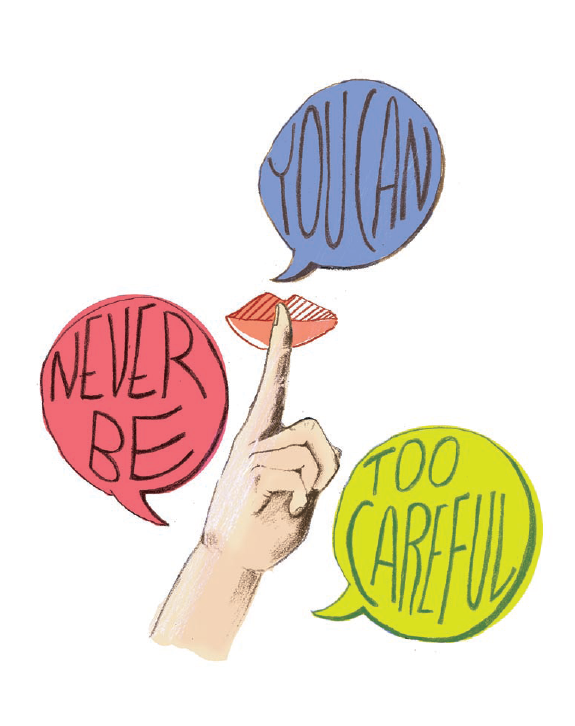Communicate with Care – Keeping Your Private Information Safe
It is easy for people to feel comfortable with someone online, especially when they form a connection over common interests such as gaming. It is not completely impossible to build genuine online relationships.
However, even if one knows a lot of about their online friends – their personal details, their hobbies, and so on –, how much of this information is actually true? Is your friend really who they say they are?
Therefore, one needs to be mindful that the people they make friends with can potentially be an online predator. Such predators often start befriending the victim by building and developing unsuspecting relationship quickly, before taking advantage them through various illegal activities such as scamming and sexual grooming.
As parents, it is useful to understand the different risks on cyber space so you can guide and advise your child in such situations. It is a good practice to check in with your child on what they do online, whom they have been talking to, and teach them how to exercise good judgement when making friends online.
It has become a social norm for teenagers to meet up with people they have met online to buy, trade or sell collectibles. However, if you happen to come across such cases, it would be ideal for you to accompany your child to such meet-ups, to ensure your child’s safety.
Here are some tips for you to educate your child and prevent such online dangers:
- Add friends only if you know the person well, or if they are recommended by your other friends.
- When making friends online, do not believe everything they tell you. Revisit the information they have shared with you and check if there are any inconsistencies. Inconsistencies are a red flag.
- Do not reveal personal information such as your full name, address, school or phone number.
- If anyone makes you feel uncomfortable or you feel pressured to do something, block the contact and inform a trusted adult about it.
Refrain from using web-cameras or sending provocative photos of yourself online. If an online friend starts to get intimate, inform a trusted adult immediately and block the contact.





